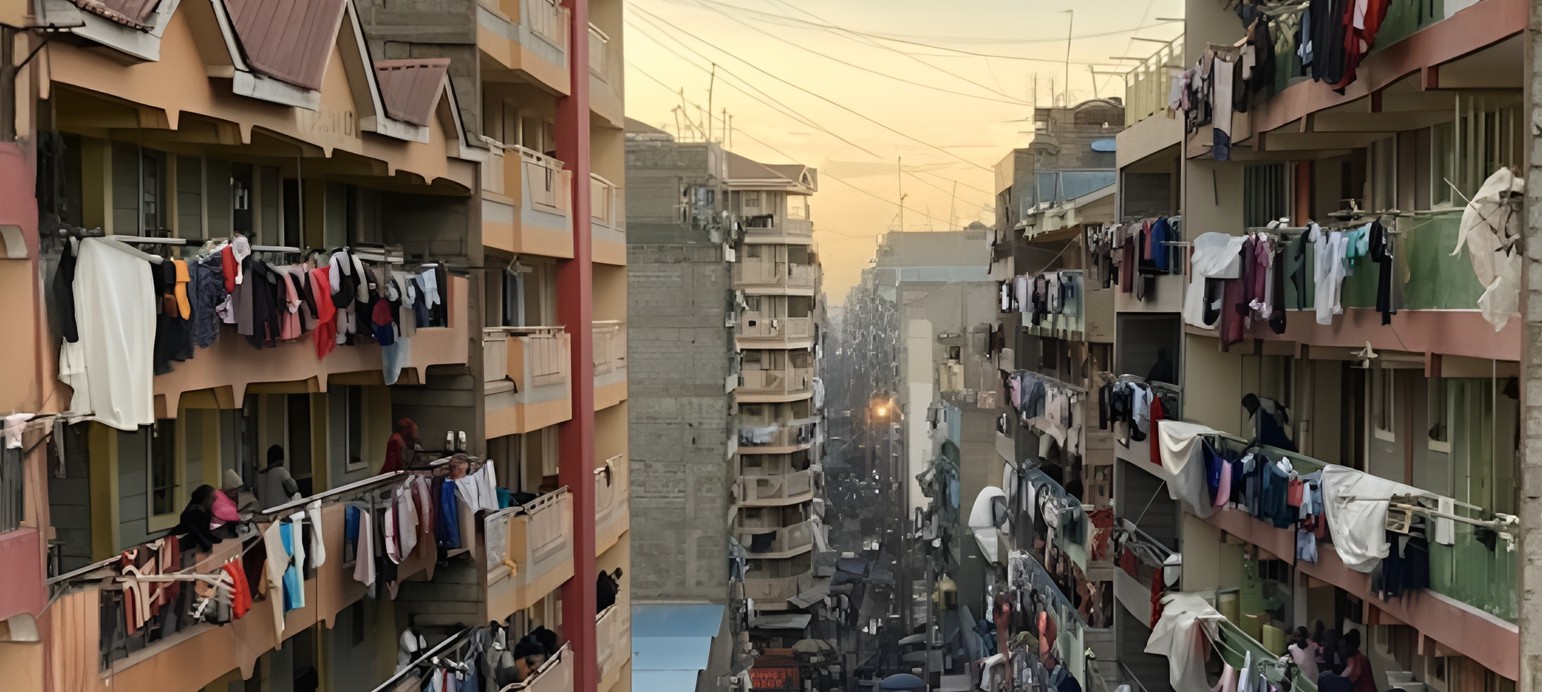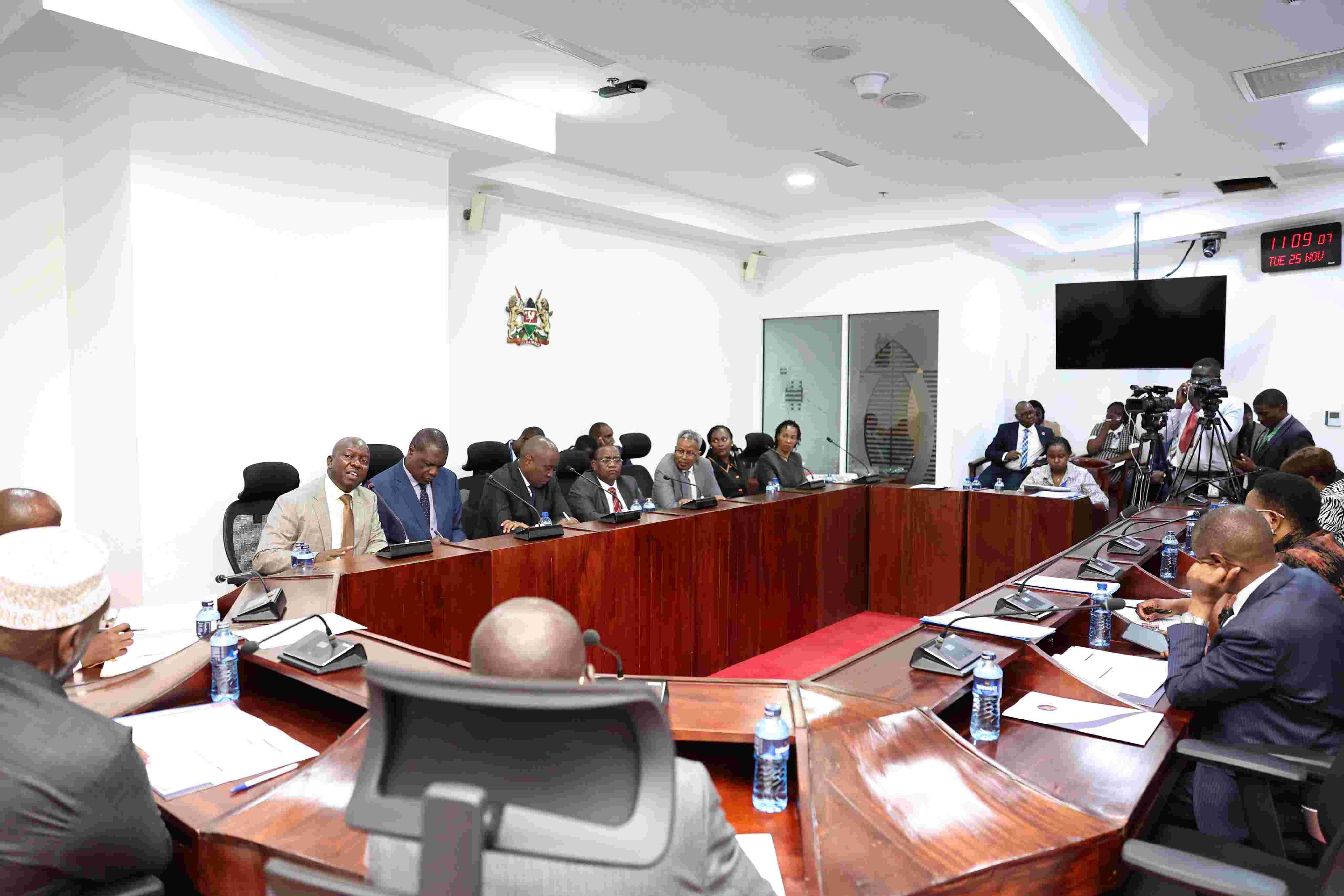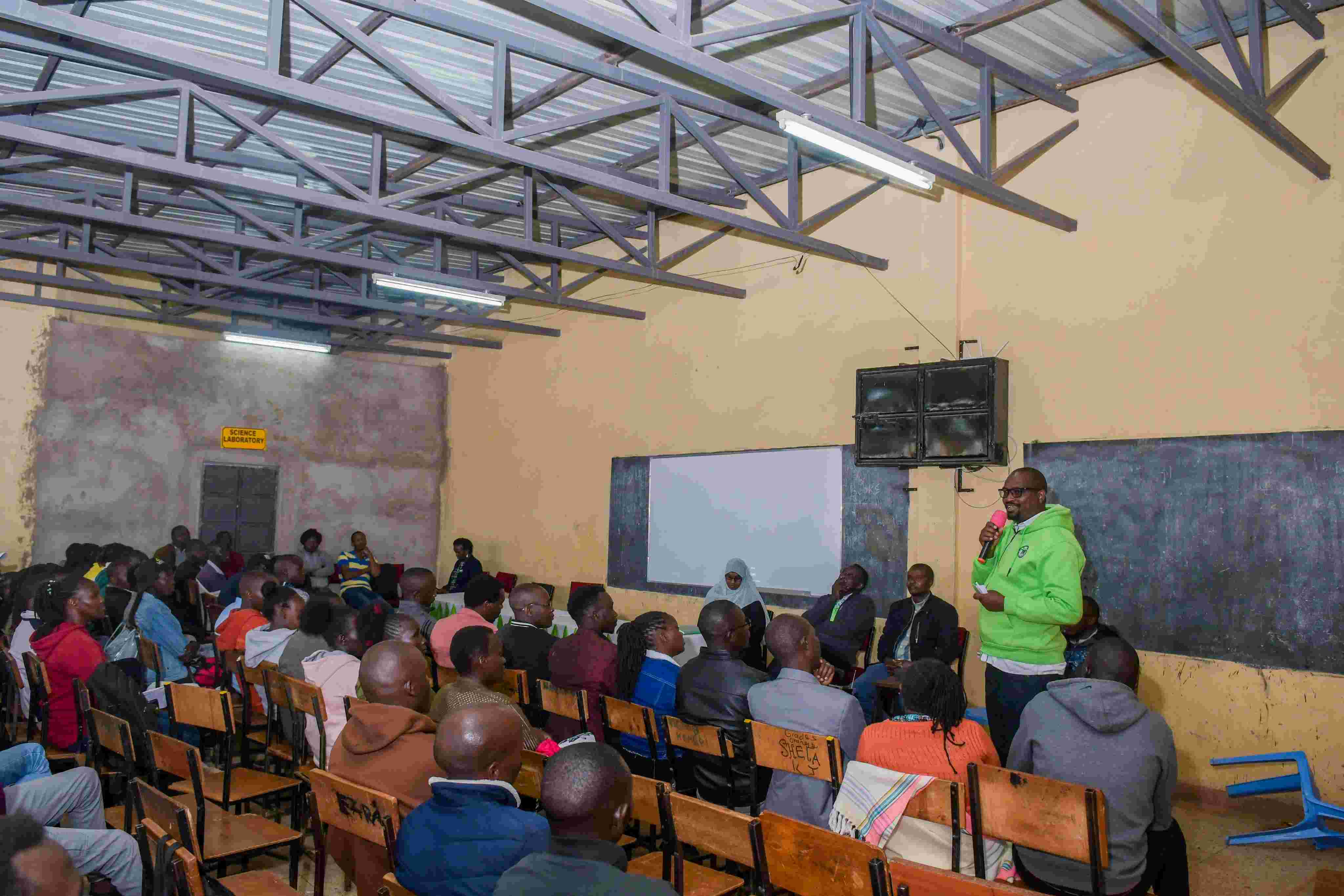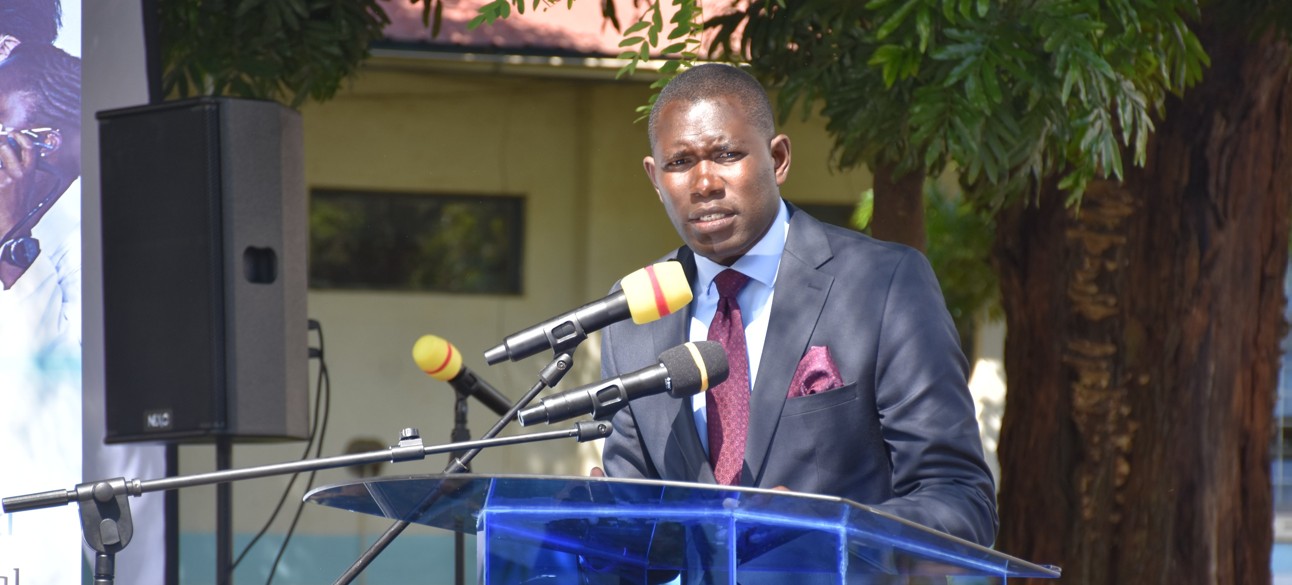OPINION: Removing school feeding funds from budget is ill-advised

Without the school feeding programme, vulnerable children are more likely to drop out and face various forms of exploitation, including child labour, early marriages, and recruitment into militant groups.
The 2024–2025 budget proposals have done away with the school feeding programme as no funds have been allocated to the initiative which targets 26 counties considered marginalised. This is a recipe for disaster.
It will have far-reaching consequences on children's well-being and their ability to learn and contribute to society. The programme has been a critical incentive for many families to send their children to school.
More To Read
- Over 30,000 teachers set for senior school curriculum training ahead of 2026 transition
- Primary school heads warn of infrastructure gaps threatening smooth transition to senior school
- Sakaja appeals for extra funds to expand Dishi na County to informal schools
- Senior school teachers to undergo mandatory CBC training from July 28
- Over 3,000 public schools face merger over low enrolment
- Free daily meals for learners on the horizon as governors pushes national feeding programme
All counties from northern Kenya have been benefiting from this programme. For many children in the region, the school meal is their only reliable source of food. The recent flooding has worsened food insecurity with a lot of livestock, the main source of livelihood for families in northern Kenya, having been killed.
Without the school feeding programme, vulnerable children in northern Kenya will suffer. They are more likely to drop out and face various forms of exploitation, including child labour, early marriages, and recruitment into militant groups. These risks not only endanger the futures of these children but also threaten the social and economic stability of the region. The situation will only drag affected families backwards.
Hunger and malnutrition have direct, negative impacts on the cognitive function and academic performance. A hungry child cannot concentrate, lacks the energy to participate in class and in extracurricular activities and struggles to retain information.
The removal of the school feeding programme means thousands of children will be learning on empty stomachs, leading to a decline in academic performance. This setback will be particularly detrimental in a region already grappling with educational challenges such as a shortage of qualified teachers and inadequate learning materials.
The region is already struggling with the Competency-Based Curriculum (CBC) and scrapping of the mid-day meal will only worsen the already struggling education system within the region.
The recent flooding has also disrupted the lives of many families, some displaced and others left with no means of earning a livelihood, making it even harder for children to focus on their studies without the assurance of a daily meal. Once the budget proposals are approved, many families will be left desperate.
Education is a crucial driver of economic development. By ensuring children receive a proper education, we are investing in the future workforce and leaders of the country. The removal of the school feeding programme jeopardises this investment, potentially leading to a generation of undereducated and malnourished individuals who are ill-equipped to contribute to the economy.
This short-term budgetary saving could result in long-term economic losses, further entrenching poverty and underdevelopment in northern Kenya.
School feeding programmes are not just handouts; they are investments in future generations. They ensure children's well-being and contribute to a healthier and more productive workforce. Farmers also benefit from the increased demand for foodstuffs, boosting the local economy.
As a result of scrapping the school feeding programme, many parents may opt to engage their children in labour at the expense of their education as they seek to ensure the survival of their families. This will lead to a significant drop in school enrollment and attendance, reversing gains made in access to education over the years.
The government must reconsider the decision to withdraw the school feeding funds from the budget. The programme is not merely a social welfare initiative but a crucial pillar supporting the educational and overall development of children in northern Kenya.
The writer is a health record information officer, social change maker, and programme officer at the Northern Frontier Medical Association.
Top Stories Today












































